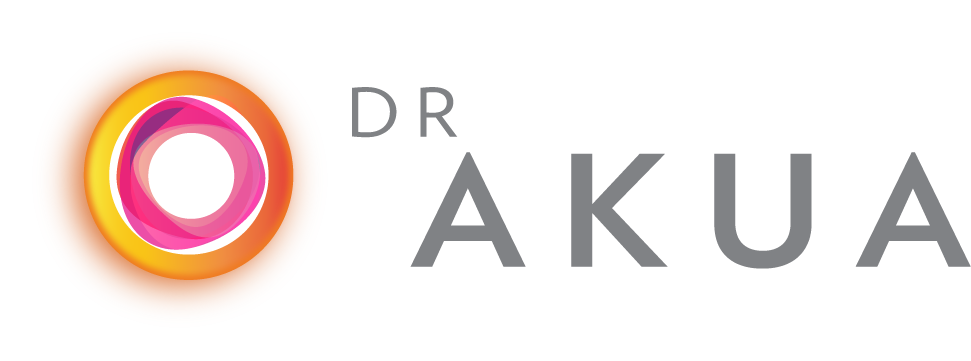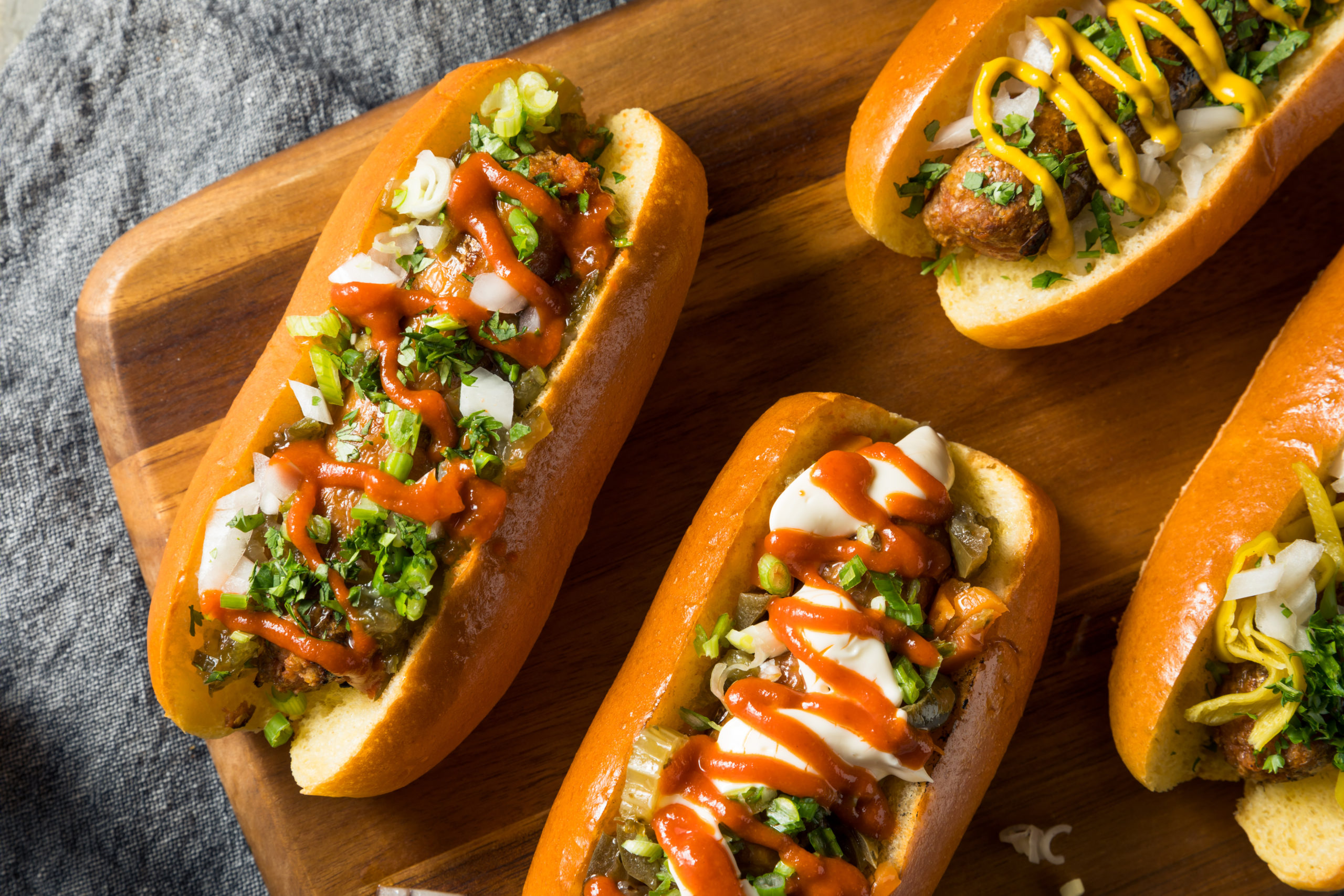Vegans Beware: Not All Vegan Diets are Healthy Diets
Veganism is truly on the rise. According to a research report by Ipsos Retail Performance, 9.7 million Americans looked into a plant-based diet in 2019 – an increase of more than 3,300% since 2004.
Many of the world’s best-performing athletes are vegan, including Venus Williams, Kyrie Irving, and Chris Paul. Each week, it seems we hear of another plant-based meat substitute or fast food restaurant launching a new vegan-friendly menu item. That’s a big indicator that these types of items are in demand and selling well.
As veganism has grown more and more popular around the world, maybe you’ve become more curious about it. Maybe you’ve even considered making a change to your own diet.
So, is veganism the right choice for you? And if so, where do you start?
An entirely plant-based diet can be deeply and miraculously medicinal. If you get it right. What I mean by getting it right begins with understanding the scientific basis of healthy eating.
Simply eliminating meat and dairy is not enough.
In fact, that’s the first lesson I learned when I converted to a vegetarian diet 31 years ago. A vegetarian or vegan diet is not necessarily a healthy diet.
That’s because some vegans and vegetarians still consume a lot of fried foods, junk foods, and processed foods. A healthful diet will include very little, if any, of the following:
- Processed foods such as fake meat alternatives, packaged mac and cheese, instant potatoes, and other instant meals.
- Frozen meals.
- Frozen vegetables that include sauces or cheese packets.
- Rolls, biscuits, pancakes, crusts, breads, pastries, and any baked goods made from white refined flour.
- Pastas made from refined flours such as semolina.
- Pasta sauces, nut butters, cereals, and cereal bars that include too much salt and added sweeteners.
- Fried foods.
- Sweets, chips, and other junk foods.
- Sodas, diet sodas, and other beverages with artificial sweeteners, colors, preservatives, or additives.
The first item on the list above is one you should truly take to heart.
Most of the “fake meats” on the market may do your body more harm than good.
They’re highly processed foods, and many of them are loaded with sodium, soy isolates, and other harmful ingredients. Many “vegan” diets are built around foods that are unhealthy, such as boxed mac and cheese, instant meals, fake meat alternatives, and baked goods made from refined flour.
Instead, a healthful diet is built around whole, plant-based foods.
This is a vegan diet done the right way. It’s no different than the fundamentals for any healthy diet. The mantra of healthy eating will guide your way:
Whole foods
Whole foods in their purest, unprocessed form will keep your diet free of unnatural additives and toxic ingredients.
Plant-based
Eat a beautiful rainbow of colors in your plant-based diet to nourish, heal, protect, and repair different parts of your body.
Healthy fats
Whole foods and plants in their natural forms – no processing, no added sugars, and no sodium — will keep your heart and brain supplied with the healthy fats they need to operate at peak form.
Nutrient dense
When you make whole plant-based foods the centerpiece of your diet, your food becomes nutrient-dense medicine. You’ll flood your body with vitamins, minerals, antioxidants and phytonutrients and eliminate excess calories, saturated fats and dietary cholesterol.
So, that brings us back to the question at the top of this page: Is veganism the right choice for you?
My answer to that: Optimal health is the goal, no matter which dietary path you choose!
When you do it the right way, a vegan diet can help you achieve optimal health. Adopting a whole foods, plant-based diet will help you feel more vibrant and energetic, prevent and reverse disease, increase your vitality, slow the effects of aging, improve your mobility, and help you maintain a healthy weight.
Simply eliminating meat and dairy won’t accomplish any of those things. If you continue to consume processed foods, fake meats, fried foods, and soda, then you will still be doing damage to your body.
In other words, you’re better off eating a colorful jumbo salad loaded with mixed greens, beets, chickpeas, and a few small pieces of organic chicken than an overly processed veggie burger on a white bun made with refined flour.
You’re better off eating a small (2-3 oz.) piece of salmon with a mound of garlicky spinach, a quarter of a baked sweet potato, and blueberries for dessert than a frozen vegan meal loaded with sodium.
You’re better off focusing on the nutritional content, vitamins, minerals, antioxidants, and phytonutrients in your food instead of whether it contains meat or dairy. A healthy diet is one that nourishes, repairs, and empowers your body, whether it contains animal products or not.

